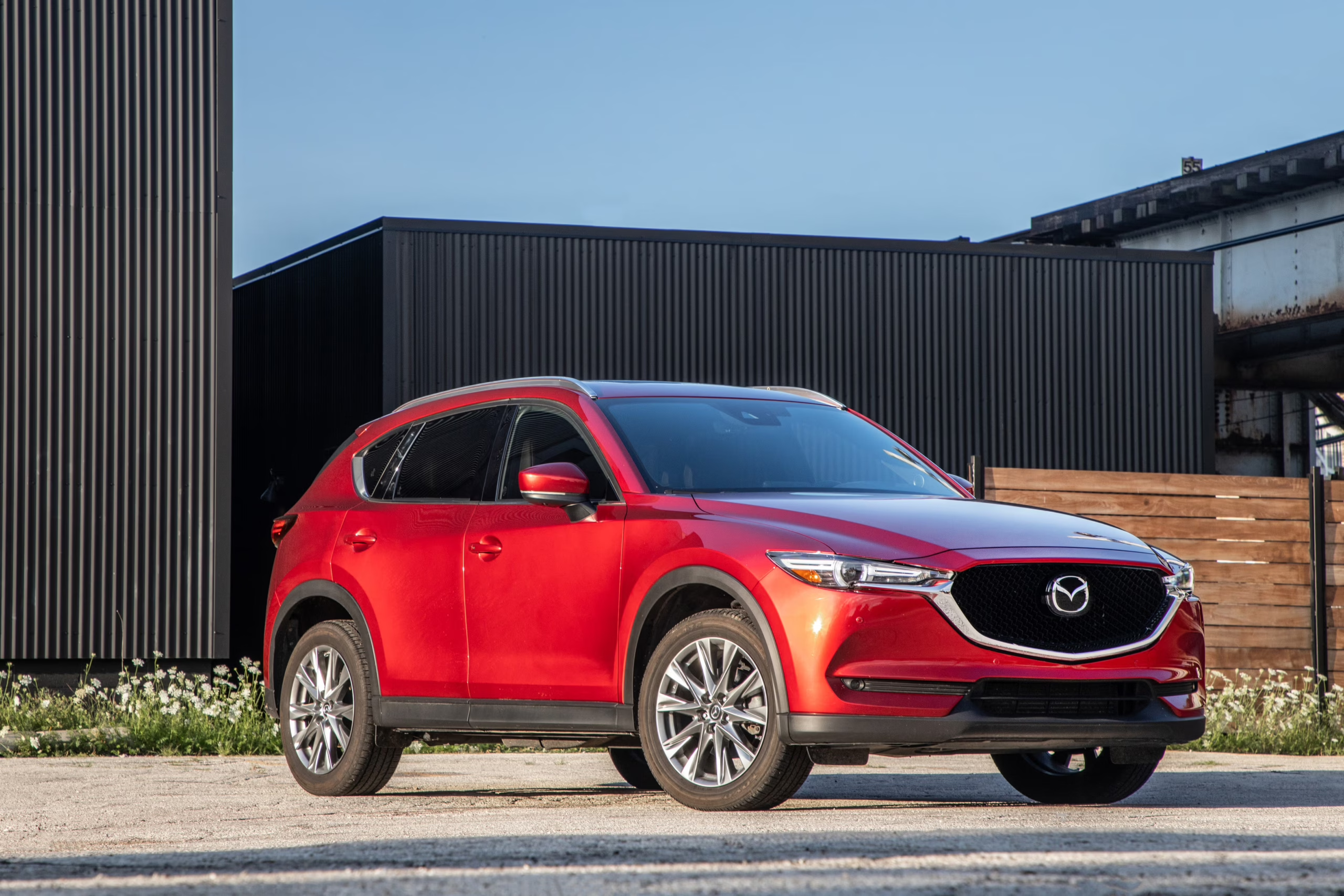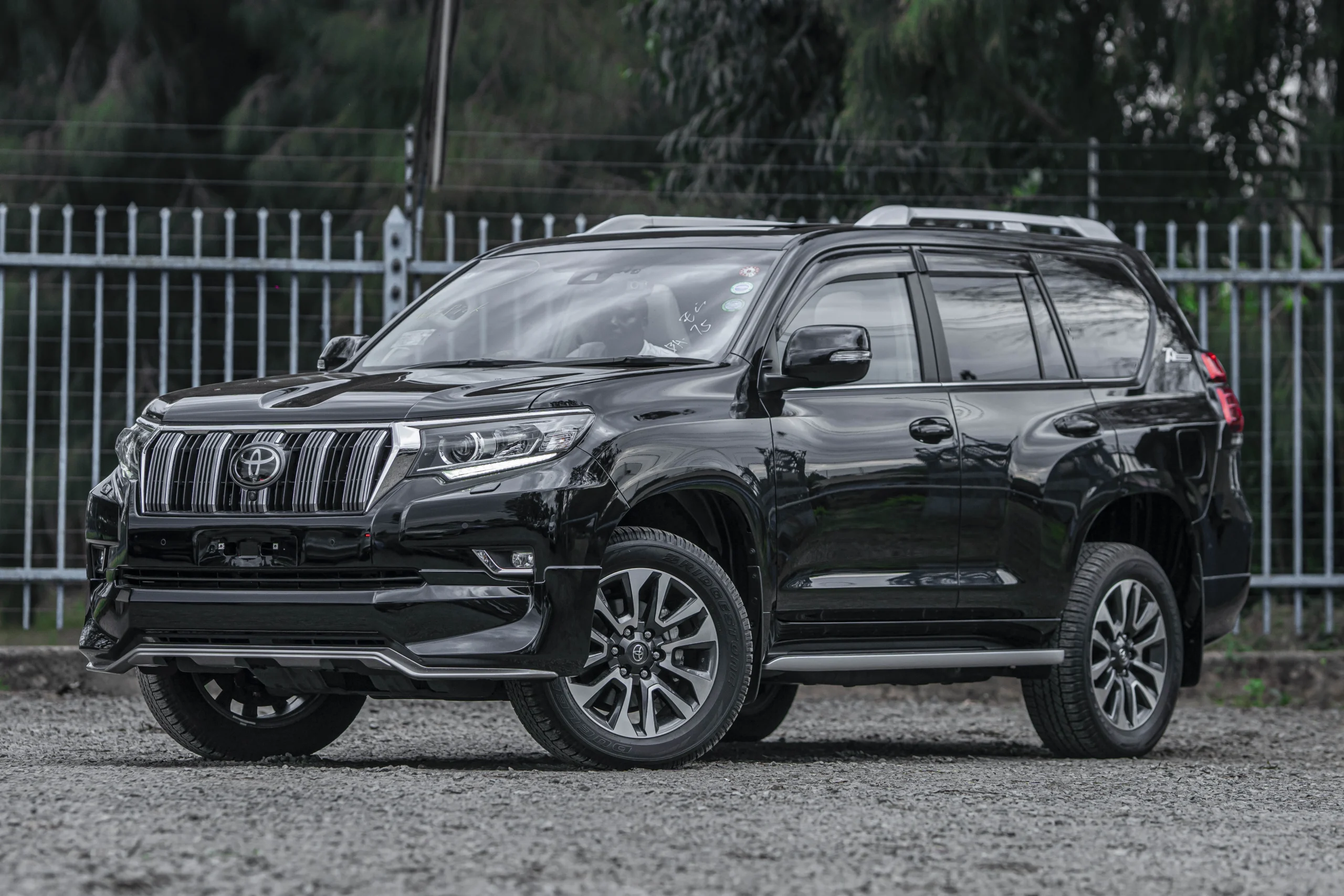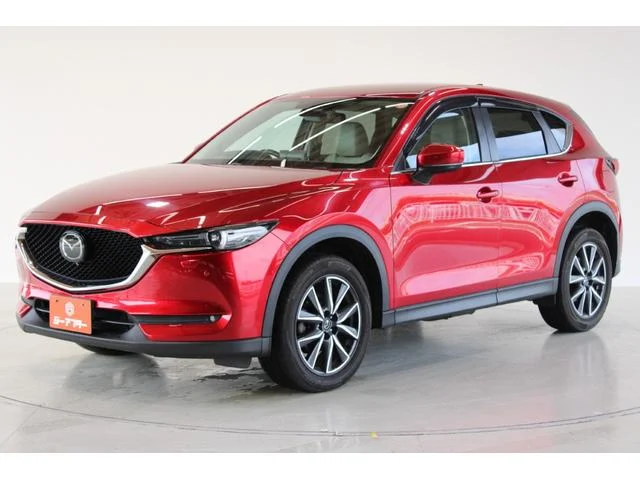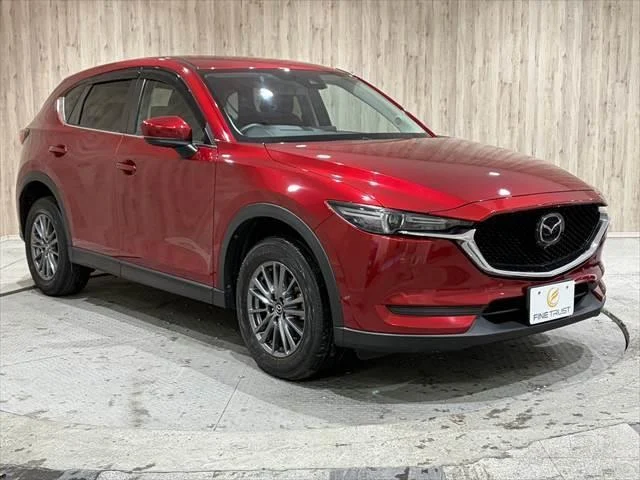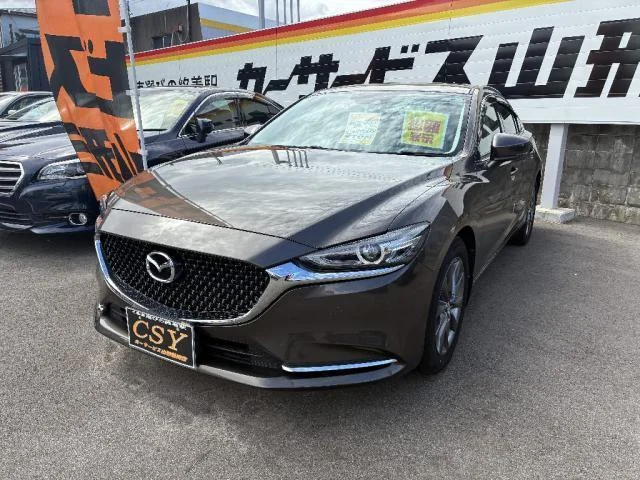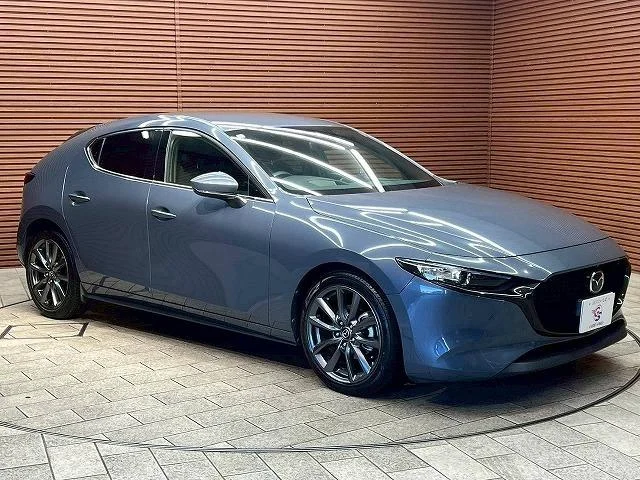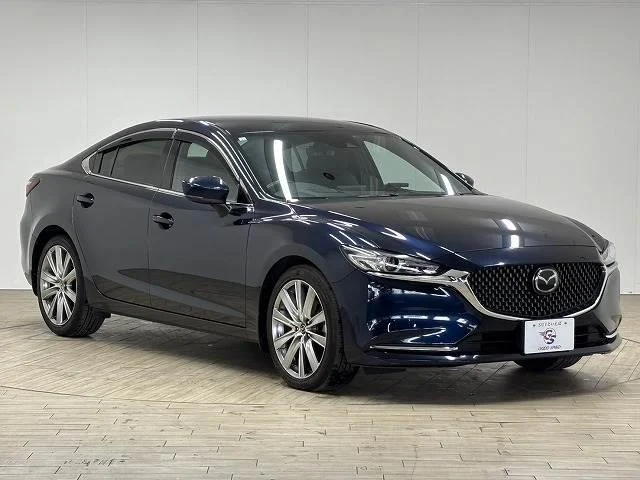Understanding 2WD and 4WD Vehicles
At its core, the difference between 2WD and 4WD lies in how power is distributed to the wheels.
A 2WD vehicle, as the name suggests, delivers power to only two wheels – either the front (FWD) or the rear (RWD).
This configuration is generally simpler and more cost-effective to manufacture.
In contrast, a 4WD vehicle distributes power to all four wheels, providing enhanced traction and control, particularly in challenging conditions.
There are different types of 4WD systems, including part-time 4WD, which is typically engaged manually, and full-time 4WD, which automatically distributes power as needed.
Understanding these distinctions is crucial when evaluating the suitability of a vehicle for Kenyan roads.
For those seeking a reliable and popular choice, consider exploring our inventory of available cars.
Kenya’s Terrain and Climate: A Key Consideration
Kenya’s geography is remarkably diverse, ranging from the coastal lowlands to the rugged highlands and the arid north.
This variety presents unique driving challenges.
Rainy seasons can transform roads into muddy tracks, while mountainous regions demand robust traction.
Furthermore, the occasional flooding in certain areas necessitates a vehicle capable of navigating deep water.
The climate, characterized by periods of intense rainfall and scorching heat, also impacts vehicle performance and maintenance.
A 4WD vehicle is generally better equipped to handle these conditions, offering superior grip on slippery surfaces and increased stability on uneven terrain.
However, for those primarily driving on well-maintained urban roads, a 2WD vehicle might suffice.
If you’re considering a vehicle for navigating challenging terrain, models like the Toyota Land Cruiser Prado or Lexus LX 600 are often excellent choices.
2WD vs 4WD: Performance and Capability
The performance difference between 2WD and 4WD vehicles is most noticeable in adverse conditions. 4WD vehicles excel in situations where traction is limited, such as off-road driving, snow, mud, or gravel.
The ability to distribute power to all four wheels provides significantly improved grip and control, allowing the vehicle to navigate obstacles with greater ease. 2WD vehicles, on the other hand, are generally more agile and responsive on paved roads, offering a more engaging driving experience.
However, their performance deteriorates considerably when faced with challenging terrain.
The choice ultimately depends on your intended use.
If you frequently venture off the beaten path or anticipate encountering difficult road conditions, a 4WD is the clear winner.
For everyday commuting and city driving, a 2WD might be perfectly adequate.
Consider a stylish and efficient Honda Vezel for urban driving.
Fuel Efficiency and Maintenance Costs
One of the primary trade-offs between 2WD and 4WD vehicles is fuel efficiency. 4WD systems add weight and complexity to the vehicle, which typically results in higher fuel consumption.
The increased mechanical friction also contributes to reduced efficiency. 2WD vehicles, being lighter and simpler, generally offer better fuel economy.
Maintenance costs are another factor to consider. 4WD systems have more components than 2WD systems, increasing the potential for repairs and maintenance.
This can translate to higher servicing costs over the vehicle’s lifespan.
While the initial cost of a 4WD vehicle might be higher, the long-term maintenance expenses should also be factored into your decision-making process.
If fuel efficiency is a top priority, a 2WD option like a BMW X6 might be a better choice.
Cost Implications of Importing 2WD vs 4WD Vehicles
The cost of importing a vehicle into Kenya is influenced by several factors, including the vehicle’s age, engine capacity, and condition.
Generally, 4WD vehicles tend to attract higher import duties and taxes compared to 2WD vehicles, primarily due to their perceived higher value and increased complexity.
This is because import duties are often calculated based on a percentage of the vehicle’s value.
Therefore, when budgeting for your car import, it’s essential to factor in the potential difference in import costs between a 2WD and a 4WD vehicle.
Consulting with a reputable car import specialist, like Enan Motors, can provide accurate cost estimates and help you navigate the complexities of import duties and taxes.
We can also assist you in finding the best deals on vehicles that meet your budget and requirements.
Import Regulations and Compliance in Kenya
Importing a vehicle into Kenya is subject to strict regulations and compliance requirements.
These regulations are designed to ensure that imported vehicles meet safety and environmental standards.
Key aspects of compliance include obtaining the necessary import permits, paying applicable duties and taxes, and ensuring that the vehicle meets Kenya Bureau of Standards (KEBS) requirements.
Failure to comply with these regulations can result in delays, penalties, or even rejection of the vehicle.
Navigating these regulations can be challenging, especially for first-time importers.
That’s where expert car import services come in. Our import process is designed to handle all the complexities of importation, ensuring a smooth and compliant experience.
We stay up-to-date with the latest regulations and can guide you through every step of the process.
Making an Informed Decision: 2WD or 4WD for Kenya
Ultimately, the decision between a 2WD and a 4WD vehicle for import to Kenya depends on your individual needs and circumstances.
If you primarily drive on paved roads in urban areas and prioritize fuel efficiency and lower maintenance costs, a 2WD vehicle might be a suitable choice.
However, if you frequently travel on rough roads, encounter challenging terrain, or live in an area with unpredictable weather conditions, a 4WD vehicle is highly recommended.
Consider your lifestyle, driving habits, and budget when making your decision.
Don’t hesitate to seek advice from experienced car import professionals who can provide personalized guidance based on your specific requirements.
Perhaps a stylish Mercedes GLE would suit your needs?
Streamlining Your Car Import with Expert Services
Importing a vehicle to Kenya can be a complex and time-consuming process.
From sourcing the vehicle to navigating import regulations and clearing customs, there are numerous hurdles to overcome.
This is where the expertise of a reputable car import service becomes invaluable. Enan Motors offers a comprehensive range of car import services, designed to streamline the entire process and ensure a hassle-free experience.
We handle everything from vehicle sourcing and procurement to documentation, customs clearance, and delivery.
Our team of experienced professionals has a deep understanding of Kenyan import regulations and can guide you through every step of the process.
We pride ourselves on our transparency, reliability, and commitment to customer satisfaction.
Contact us today at 0723328339 or email us at imports@enanmotors.com to discuss your car import needs.
Conclusion
Choosing between a 2WD and a 4WD vehicle when importing to Kenya requires careful consideration of various factors, including terrain, climate, fuel efficiency, maintenance costs, and import regulations.
While 2WD vehicles offer better fuel economy and lower maintenance costs, 4WD vehicles provide superior traction and control in challenging conditions.
By understanding the pros and cons of each option and seeking expert guidance, you can make an informed decision that aligns with your needs and budget.
Don’t navigate the complexities of car importation alone.
Let Enan Motors handle the details, ensuring a smooth and compliant import experience.
Reach out to us via WhatsApp or give us a call at 0723328339.
You can also email us at imports@enanmotors.com.
We’re here to help you bring your dream car to Kenya!
FAQ
- What are the main differences between 2WD and 4WD vehicles?
2WD vehicles deliver power to two wheels, while 4WD vehicles distribute power to all four. 4WD offers better traction in challenging conditions. - Is a 4WD vehicle necessary for driving in Kenya?
It depends on your driving habits and location.If you frequently drive on rough roads or in areas with unpredictable weather, a 4WD is highly recommended.
- How do import duties differ between 2WD and 4WD vehicles?
4WD vehicles generally attract higher import duties due to their perceived higher value and complexity. - What are the key import regulations I need to be aware of?
You need to obtain import permits, pay applicable duties and taxes, and ensure the vehicle meets KEBS standards. - How can Enan Motors help with my car import?
We offer a comprehensive range of car import services, handling everything from sourcing to customs clearance, ensuring a smooth and compliant experience.



